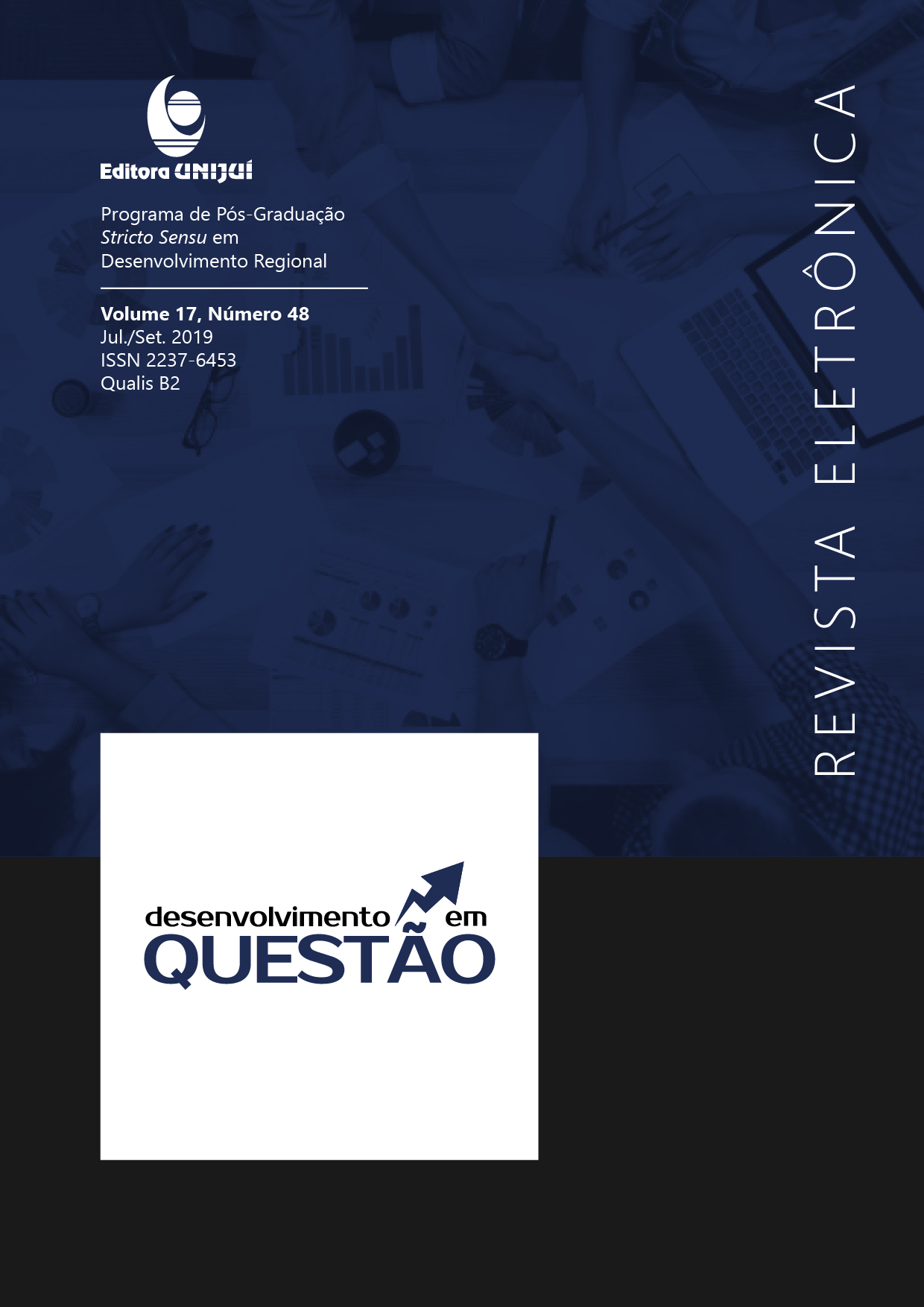Comparing Groups of Farmers According to their Intentions to Diversify Agricultural Production: an application of the Planned Behavior Theory
DOI:
https://doi.org/10.21527/2237-6453.2019.48.353-371Keywords:
Diversification. Agricultural production. Intention. Theory of Planned Behavior. Milk.Abstract
Diversification of production in rural areas is one of the priority themes in the European Union, since it ensures the production of different foods. The objective of this study is to analyze if the different levels of intention of the familiar farmers in diversifying the agricultural production can be explained by the Constructs Atitude, Subjective Normative and Perceived Behavioral Control, proposed by the Theory of Planned Behavior (TPB), and the socioeconomic characteristics of the farmers . The study was carried out with 101 family farmers located in the Northwest region of the state of Rio Grande do Sul, Brazil, where milk production is their main source of income. The data showed that there are two groups of farmers, one with weak intention to diversify and another with strong intention. It was observed that the group with low intention perceives diversification as less favorable (attitude), feel less social pressure (subjective norms) and perceive as less their ability to use this productive strategy in their rural establishments (perceived behavioral control) than the group with strong intention. The results showed that the group with a strong intention to diversify has a larger family and has a smaller area of land, compared to the group with low intention. The results of this study can be used to promote rural development in small farms and suggest public policies aimed at this area, especially for forms of production that provide food for urban supply.
Downloads
Published
How to Cite
Issue
Section
License
By publishing in Revista Desenvolvimento em Questão, authors agree to the following terms:
All works are published under the Creative Commons Attribution 4.0 International License (CC BY 4.0), which allows:
Sharing — to copy and redistribute the material in any medium or format;
Adaptation — to remix, transform, and build upon the material for any purpose, even commercially.
These permissions are irrevocable, provided that the following terms are respected:
Attribution — authors must be properly credited, a link to the license must be provided, and any changes made must be indicated.
No additional restrictions — no legal or technological measures may be applied that legally restrict others from doing anything the license permits.
Notices:
The license does not apply to elements that are in the public domain or covered by legal exceptions.
The license does not grant all necessary rights for specific uses (e.g., image rights, privacy, or moral rights).
The journal is not responsible for the opinions expressed in the articles, which are the sole responsibility of the authors. The Editor, with the support of the Editorial Board, reserves the right to suggest or request modifications when necessary.
Only original scientific articles presenting research results of interest that have not been previously published or simultaneously submitted to another journal with the same purpose will be accepted.
Mentions of trademarks or specific products are intended solely for identification purposes and do not imply any promotional relationship by the authors or the journal.
License Agreement (for articles published from 2025 onward): Authors retain the copyright to their article and grant Revista Desenvolvimento em Questão the right of first publication.











